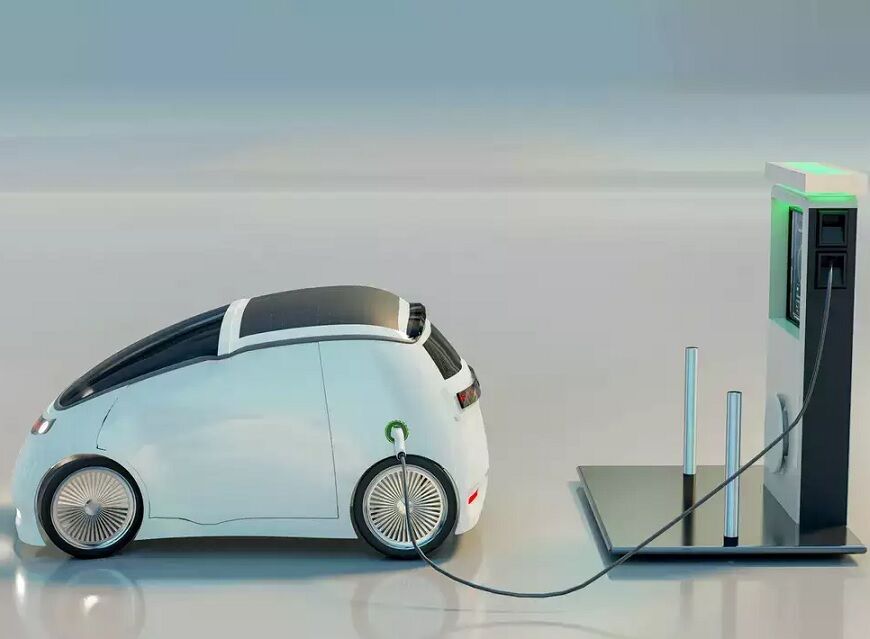Electric dreams charge ahead: Aiming for a ‘shocking’ 359,000 EVs in the next year

Aiming for a substantial boost in their electric vehicle (EV) production, Thai authorities have set a target of 359,000 units for the coming year. This ambitious plan is supported by a 39.5 billion baht investment, as confirmed by industry insiders.
The Office of Industrial Economics (OIE) is optimistic that the state’s EV policy, coupled with incentives for investment, will lead to an uptick in production. Warawan Chitaroon, the OIE’s director-general, highlighted the positive impact of the EV3.0 scheme, which has already stimulated demand for EVs in Thailand. Warawan stated that the new EV3.5 scheme is expected to further encourage EV investment and manufacturing.
The EV3.0 scheme provided a host of incentives, including tax cuts and subsidies, to boost both EV consumption and production for the period of 2022 to this year. Depending on the vehicle type and model, subsidies ranged from 70,000 baht to 150,000 baht.
Additionally, this scheme reduced excise taxes and import duties on completely knocked-down and completely built-up units. As part of their commitment to this initiative, participating automobile manufacturers agreed to begin their production of EVs in Thailand from next year onwards.
Last month, the National EV Policy Committee greenlit the second-phase EV incentive package, known as EV3.5, covering the period from 2024 to 2027. This package includes subsidies between 5,000 and 100,000 baht for imported electric cars and motorcycles, as well as reduced import duties and excise tax. EV manufacturers who join the EV3.5 scheme will be obliged to commence domestic production of EVs from 2026.
The OIE reported a year-on-year increase of 690% in the number of registered battery EVs during the first 11 months of this year, with the total reaching 67,056 units. This is a significant rise from the 8,483 units registered in the next year. Warawan stated that these statistics demonstrate Thailand’s potential to become the largest EV market in ASEAN.
In a recent meeting of the National EV Policy Committee, the Thai Industrial Standards Institute was tasked with supporting the EV industry by implementing new certification procedures for EV products. The committee has also called on state agencies to propose further ideas for supporting EV development in Thailand.
The government is keen to promote the recycling of EV batteries under the circular economy concept, with potential applications in energy storage systems and cloud service industries. To explore this further, the Department of Primary Industry and Mines has been asked to conduct a feasibility study, reported Bangkok Post.
Latest Thailand News
Follow The Thaiger on Google News:


























